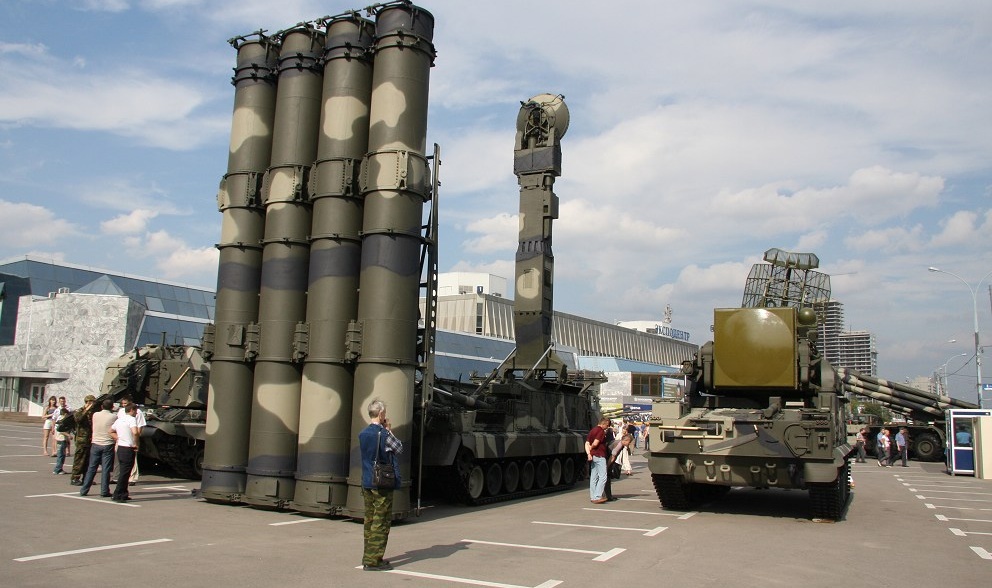December 20-2013

The Rohani Administration has changed the country’s policy on the Russian-made S-300 air defense missile system and is now demanding that Russia supply the missiles as promised years ago.
Russia had canceled the contract and the Ahmadi-nejad Administration had accepted that—after considerable grousing—and then said it was building its own, better version of the S-300 while insisting that Russia pay a penalty for canceling the contract.
But last Wednesday, as Foreign Minister Mohammad-Javad Zarif and Sergey Lavrov held a joint news conference in Tehran, Zarif said publicly that Iran was adamant that Russia fulfill its obligations and send Iran the S-300s as ordered.
Lavrov did not address the issue in the news conference,
Iran ordered the S-300 and signed an $800 million contract in 2007.
In September 2010, then President Dmitry Medvedev canceled the contract, saying he had to do so under sanctions approved by the United Nations that bar weapons sales to Iran. But American officials had earlier said the UN resolution on arms sales had been worded very carefully at Russian insistence so as to exempt the S-300 contract from the ban. Russia had also repeatedly said it was exempt.
The Islamic Republic routinely threatens to sue the United States or take it to court on one issue or another, but hasn’t actually done so in more than two decades. But, in this case, the Ahmadi-nejad Administration did take Russia to the International Court of Arbitration, as allowed in the S-300 contract for any disputes.
Russian news reports have said Russia fears losing the case and has been trying to settle the matter out of court. Russia reportedly has offered Iran a less modern version of the S-300. The Russian manufacturer has said the systems built for Iran, which were unique and not wanted by the Russian military for that reason, have now been scrapped, so it would be extremely expensive to deliver what Iran ordered.
Sergey Chemezov, CEO of the manufacturer, Russian Technologies, was quoted as saying Russia came under severe pressure from the United States to cancel with the argument that the sale would violate the UN sanctions but had later changed its rhetoric and said the resolution did not cover the S-300 and that Russia had acted on its own in canceling the sale. Actually the report that the resolution was drafted to exempt the S-300 sales appeared in print in the United States long before Russia canceled the sale.
Zarif did not explain why Iran had changed its mind and now demanded delivery of the S-300s. The shift made Iranian generals look foolish since they have been saying for almost three years that Iran can make a more suitable air defense system themselves and do not need the S-300.





















